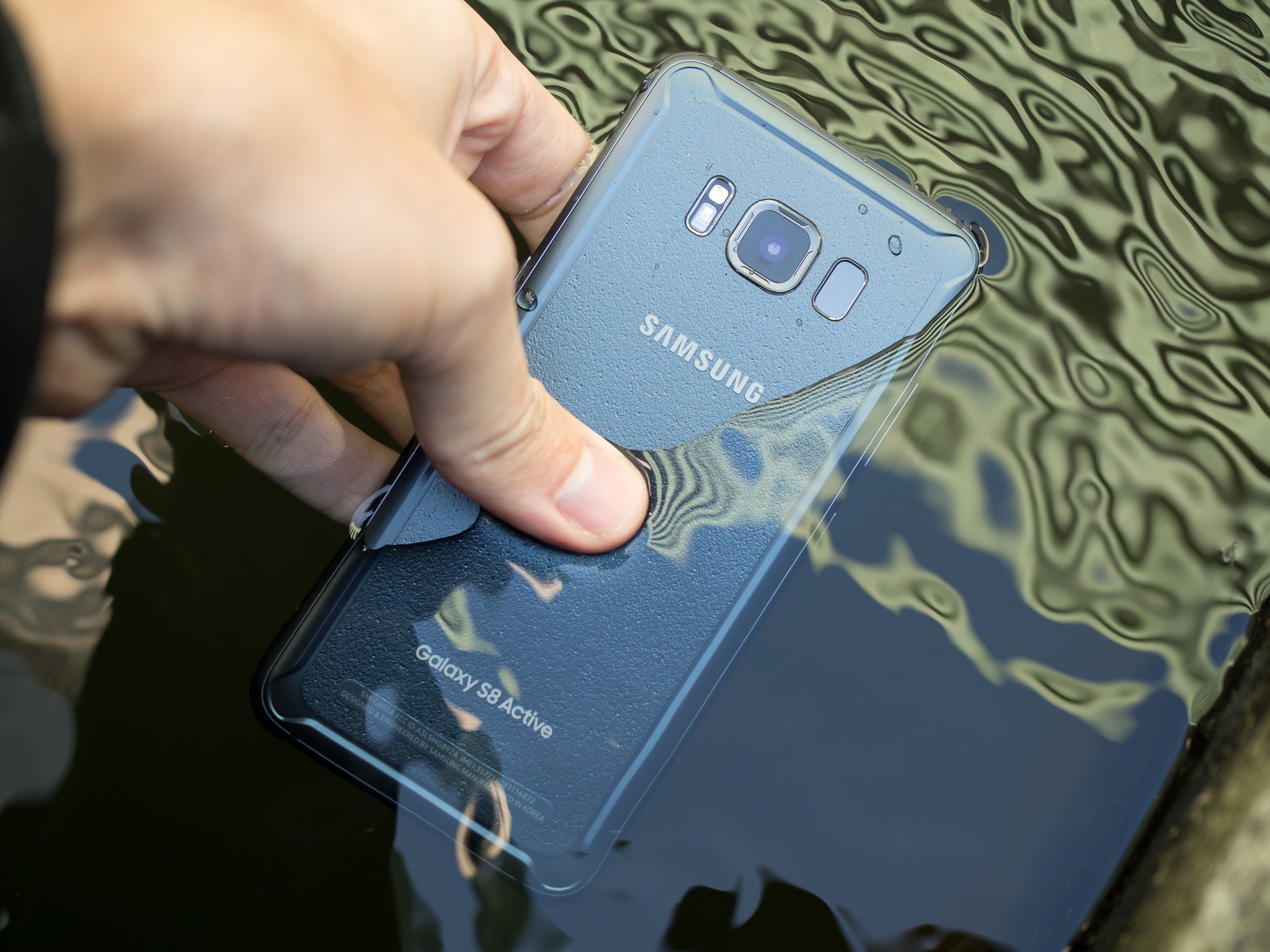Samsung is in hot water after regulator finds IP ratings don't really hold up at the beach.
What you need to know
- An Australian regulator is suing Samsung for making false claims regarding the water resistance on Galaxy devices.
- Samsung advertised Galaxy devices near water bodies, leading customers to think the phones were resistant to the elements.
- The IP68 rating is for fresh water, and it doesn't hold up at the beach or a swimming pool.
Samsung is at the forefront of water ingress protection on its devices, with several generations of Galaxy S flagships offering IP68 dust and water resistance. IP68 is the industry standard these days, with everyone from Apple and Huawei offering the same level of protection on their flagships.
The IP68 rating allows devices to be submerged in water up to 1.5 meters for 30 minutes, as Samsung states here. However, what most manufacturers don't mention is that these claims are usually for fresh water, and don't really hold up near a beach or a swimming pool.
Rugged phone ratings: Everything you need to know
That hasn't prevented brands from advertising the phones near a pool or at the ocean, and Samsung has now gotten into hot water over it. The Australian Competition and Consumer Commission (ACCC) is suing Samsung for misleading Galaxy owners over water resistance claims:
The ACCC alleges Samsung's advertisements falsely and misleadingly represented Galaxy phones would be suitable for use in, or for exposure to, all types of water, including in ocean water and swimming pools, and would not be affected by such exposure to water for the life of the phone, when this was not the case.
Samsung showed the Galaxy phones used in situations they shouldn't be to attract customers.
Samsung's advertisements, we believe, denied consumers an informed choice and gave Samsung an unfair competitive advantage.
Samsung does mention that the IP68 rating is for submersion in fresh water, but the ACCC is taking issue with the fact that the brand misled customers about its products' capabilities by advertising Galaxy devices at beaches or pools. Devices with water damage aren't covered under warranty, and routine immersion in water will break any device. Just because a phone is advertised as water resistant, it's not immune to all liquids.
The ACCC is focusing its attention on all water-resistant phones Samsung released after 2016, including the Galaxy S10 series, Note 9 and S9 series, S8, S7, and a few Galaxy A devices. Samsung, for its part, has stated that it will fight the case:
Samsung stands by its marketing and advertising of the water resistancy of its smartphones. We are also confident that we provide customers with free-of-charge remedies in a manner consistent with Samsung's obligations under its manufacturer warranty and the Australian Consumer Law. Customer satisfaction is a top priority for Samsung and we are committed to acting in the best interest of our customers.

0 Response to "You Can See More: Samsung sued over misleading water resistance claims on Galaxy phones"
Post a Comment